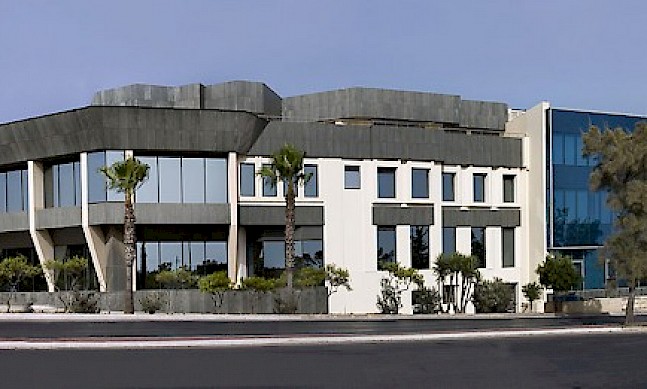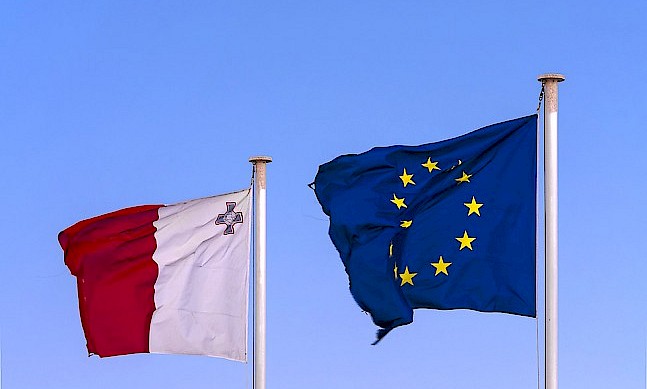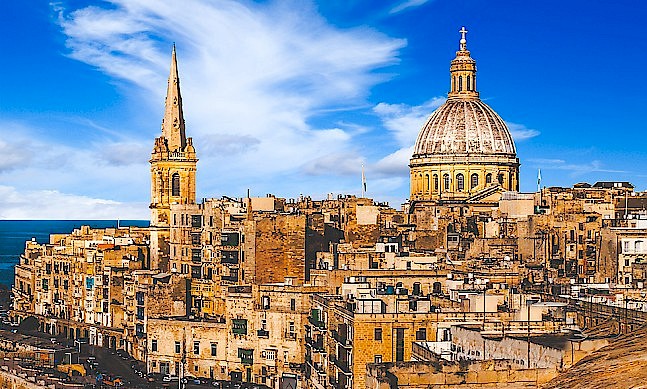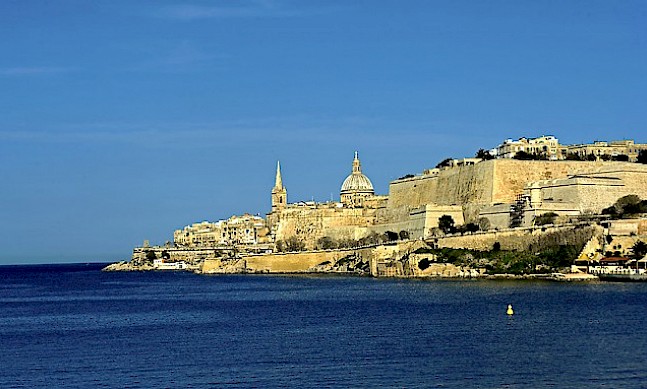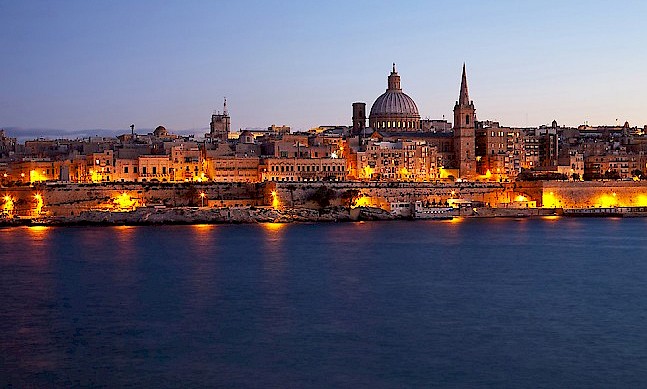Since 2004, Malta has played a leading role in the remote gaming industry. Today, with international regulations struggling to keep pace with the sector’s dynamism, the Malta Gaming Authority has developed a three-year plan to cement its future as a centre of excellence, opening up new frontiers in the process.
In becoming the first EU state to regulate its own gaming industry through its Malta Gaming Authority (MGA), the country established itself early on as the de facto jurisdiction of choice for the industry. Today enticing a highly innovative ecosystem of operators and supporting service companies, the industry now employs over 6,000 people and accounts for nine percent of Malta’s gross value added.
Success hasn’t come without challenges, however, and the complexities of regulation have remained an ever-present threat to that growth. In 2014, during his first full year as executive chairman of MGA, Joseph Cuschieri introduced his plans to capitalise on Malta’s position and consolidate its future. A tall task given the dynamic nature of the industry, it was nevertheless an integral part of the successful move to reinforce the country’s reputation as a hub of excellence in the sector, whilst also protecting its customers.
Despite its inherently borderless nature, governments continue to try to ring-fence their interests and those of their growing numbers of online gamers. Cuschieri, however, saw an opportunity to turn the perceived wisdom on its head and create interdependence between jurisdictions, to ultimately reduce the regulatory burden.
“The reform of the sector for Malta takes a different meaning,” he said. “For most it means a shift in regulatory design and governance in order to move from state operation and monopolisation of gaming markets to a full or partial opening. This reform in Malta took place more than a decade ago, and 12 years later Malta is at the dawn of its second generation of reforms.”
“Malta is at the dawn of its second generation of gaming industry reforms.”
Joseph Cuschieri Executive chairman of Malta Gaming Authority
Post ThisThat new dawn saw the MGA begin 2014 with the sizeable task of reviewing and consolidating Malta’s regulatory framework, the results of which will help provide a more consistent, evidence-based and progressive governance of its gaming sector. Cuschieri’s desire to streamline objectives, and with them compliance costs, across Europe and into emerging markets like Latin America, represents a fresh approach to overcoming one of the industry’s enduring obstacles. The arrival of European gaming giant BetClic from Gibraltar earlier this year was just one indication that the approach has been well received.
The MGA’s three-year plan is also counting on a significantly larger workforce to see through its mission. Growing from a staff of 58 in 2013 to 108 by the end of last year, expansion helped the agency carry out 7,409 inspections in 2014, almost three times as many as the 2,651 the year before, and central to bringing greater transparency and accountability to the industry.
Growth has also led MGA to move premises, with a new home at state-of-the-art technology park SmartCity.
That move dovetailed with structural changes within the agency, most notably the creation of a new training academy set to become a global hub of excellence for the industry. “The Gaming Academy will bring together various educational initiatives and partners in order to promote and provide the competencies and expertise this dynamic industry needs and deserves”, added Cuschieri, “thus strengthening the existing eco-system that supports this industry in Malta, allowing its base to grow and innovate.”
“We are promoting malta not just as a licensing jurisdiction but as the home of the gaming industry for europe and the world”
Christian Sammut Chairman of Gaming Malta
Post ThisFurther innovation came in the form of Gaming Malta, the company established to oversee the promotion of the country within the industry and ensure that those investments are recouped. “As well as our knowledge base and regulatory framework, one of our advantages comes in the country’s compact size,” says its chairman, Christian Sammut. “The ability to meet the right people is made easier, so we are promoting Malta not just as a licensing jurisdiction but as the home of the gaming industry for Europe and the world.”
Pushing through new regulations to encourage cruise ships to spend more time in Maltese waters was just one recent success story. Now, ships with a minimum of 150 passengers calling at ports in at least three different states will be able to operate their casinos where previously they would have been forced to close.
Positioning itself as a centre of excellence for not just gaming innovation but consumer protection and international regulation and market development, the new-look MGA’s bold three-year plan underlines the advantage of Malta as the jurisdiction of choice for gaming. “The ever-changing technological and regulatory environments faced by Malta’s industry base has compelled government and the MGA to take a fresh and comprehensive look in order to re-position Malta’s stance and augment its relevance within the global gaming space,” concludes Cuschieri.






